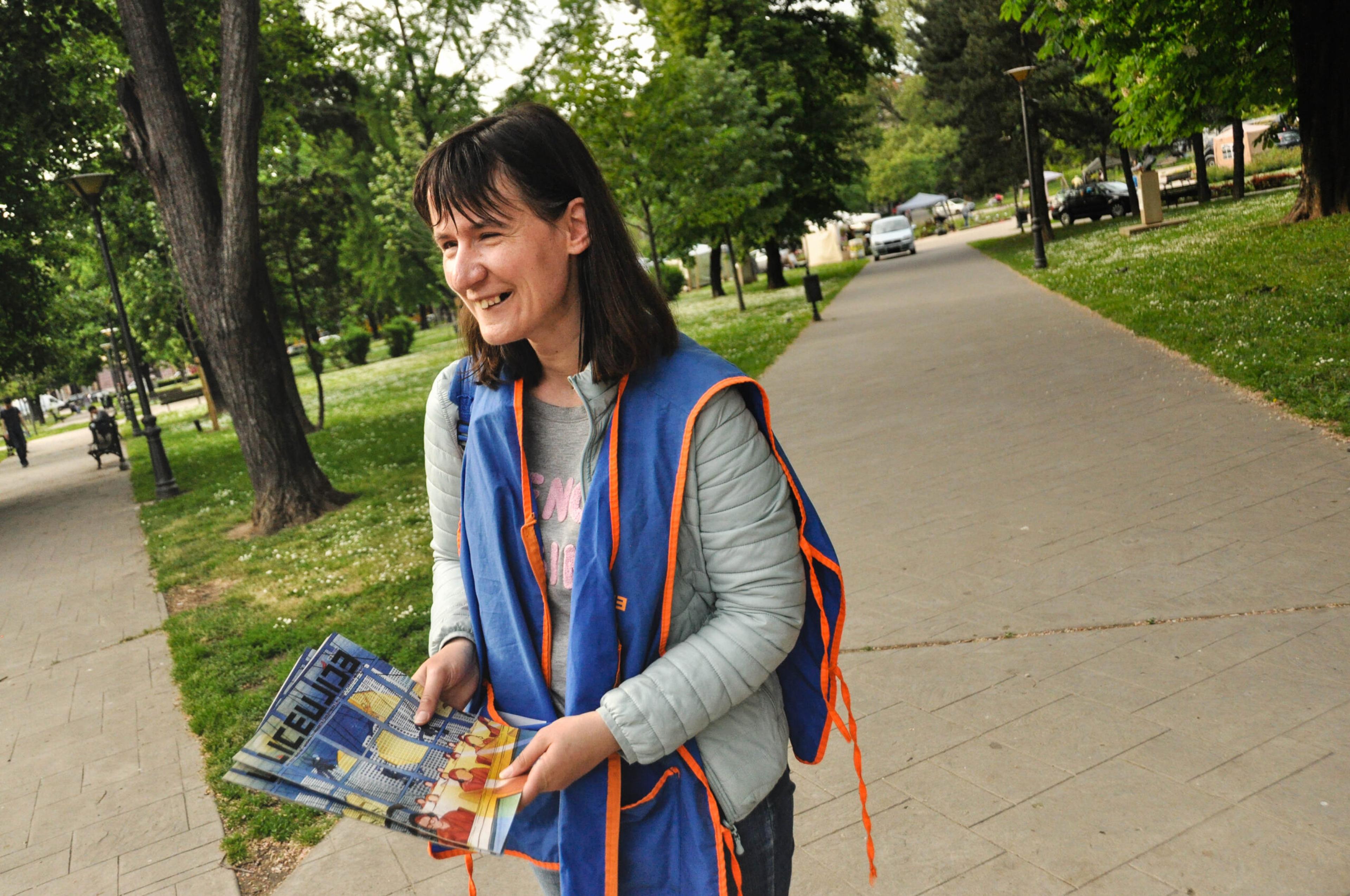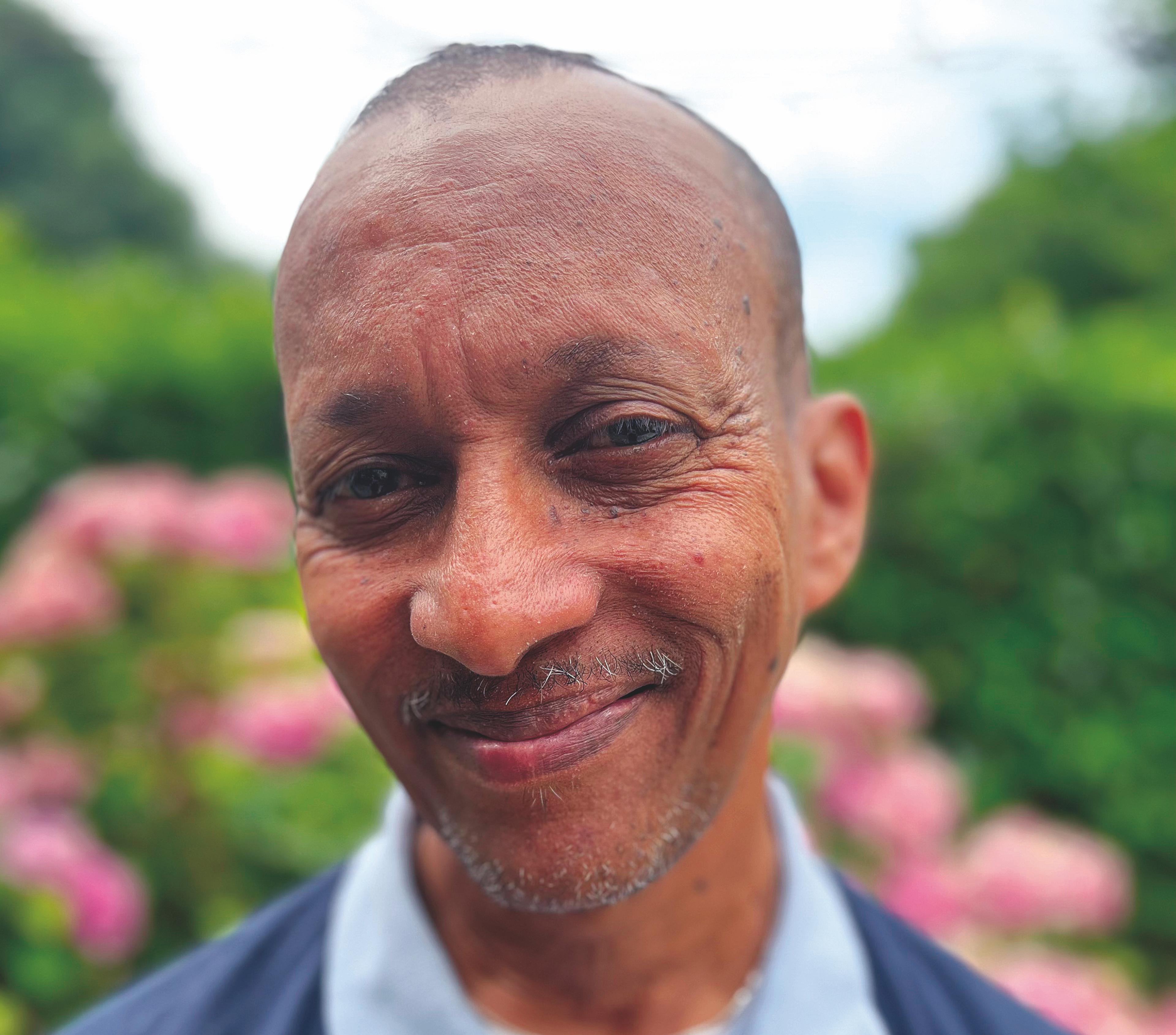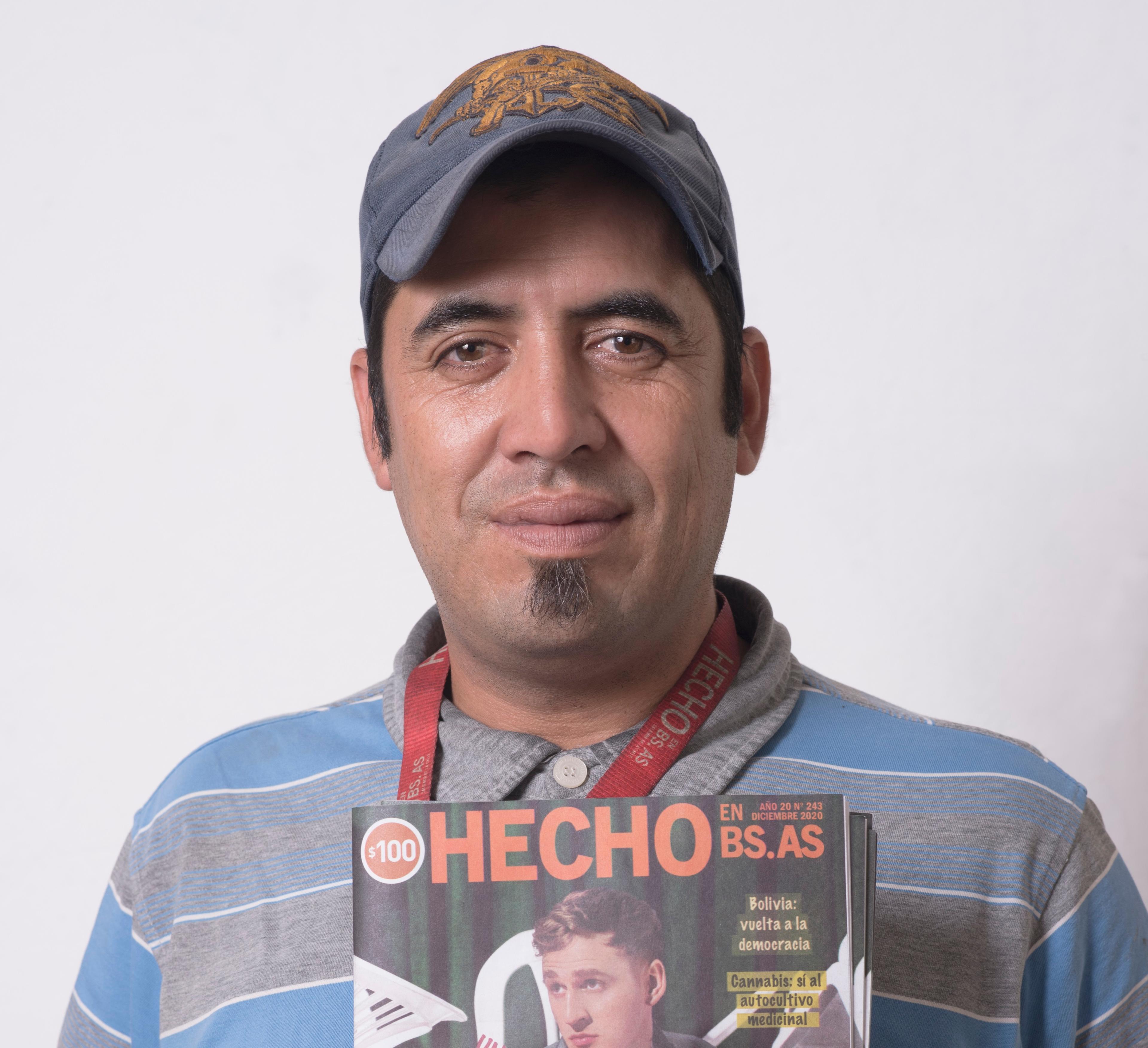“Like the team, I always make a comeback”: Faktum vendor Ulf lives and breathes for the Gothenburg football club Gais
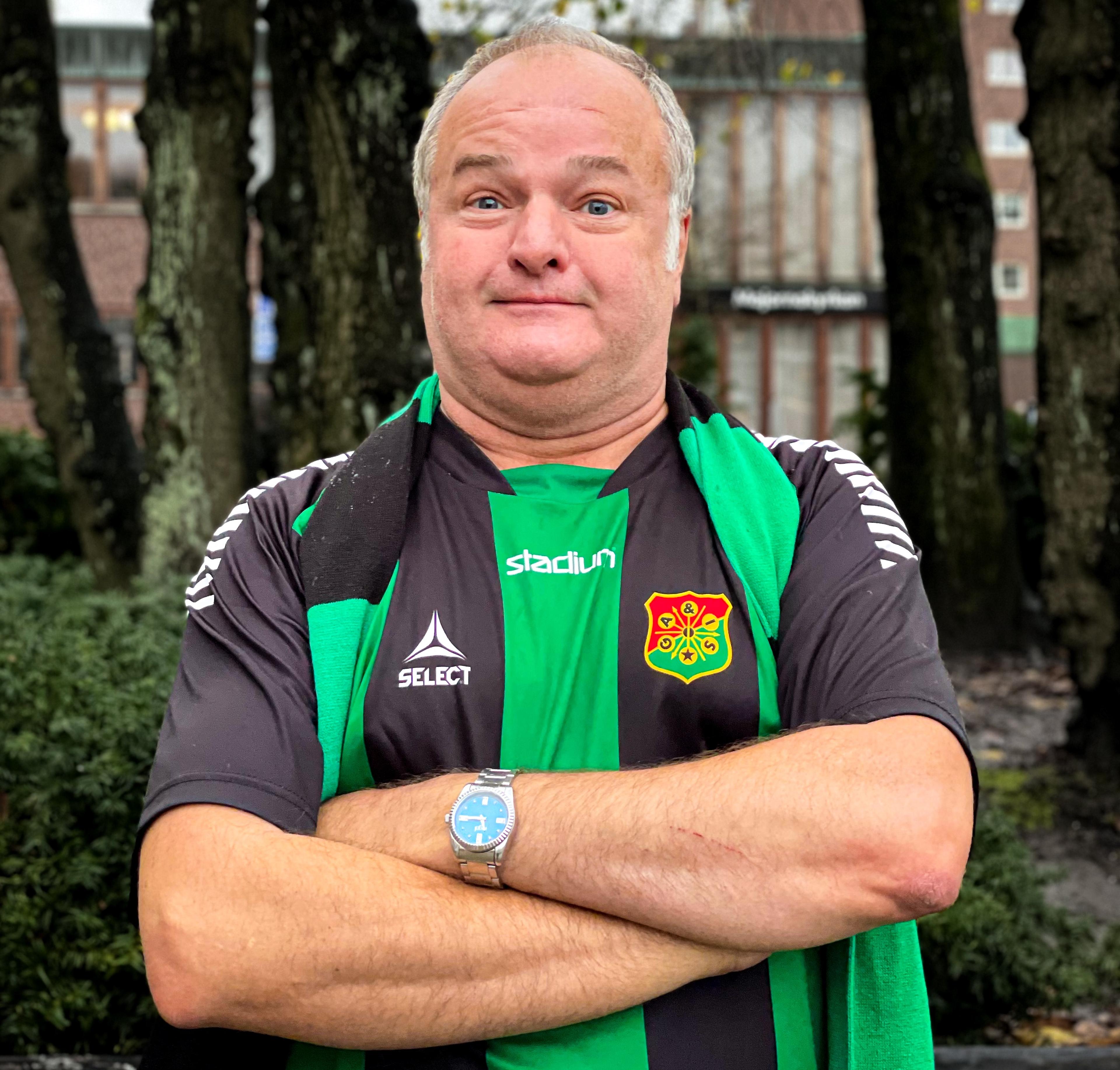
Photo by Pär Ljung
By Malin Clausson
- Vendor stories
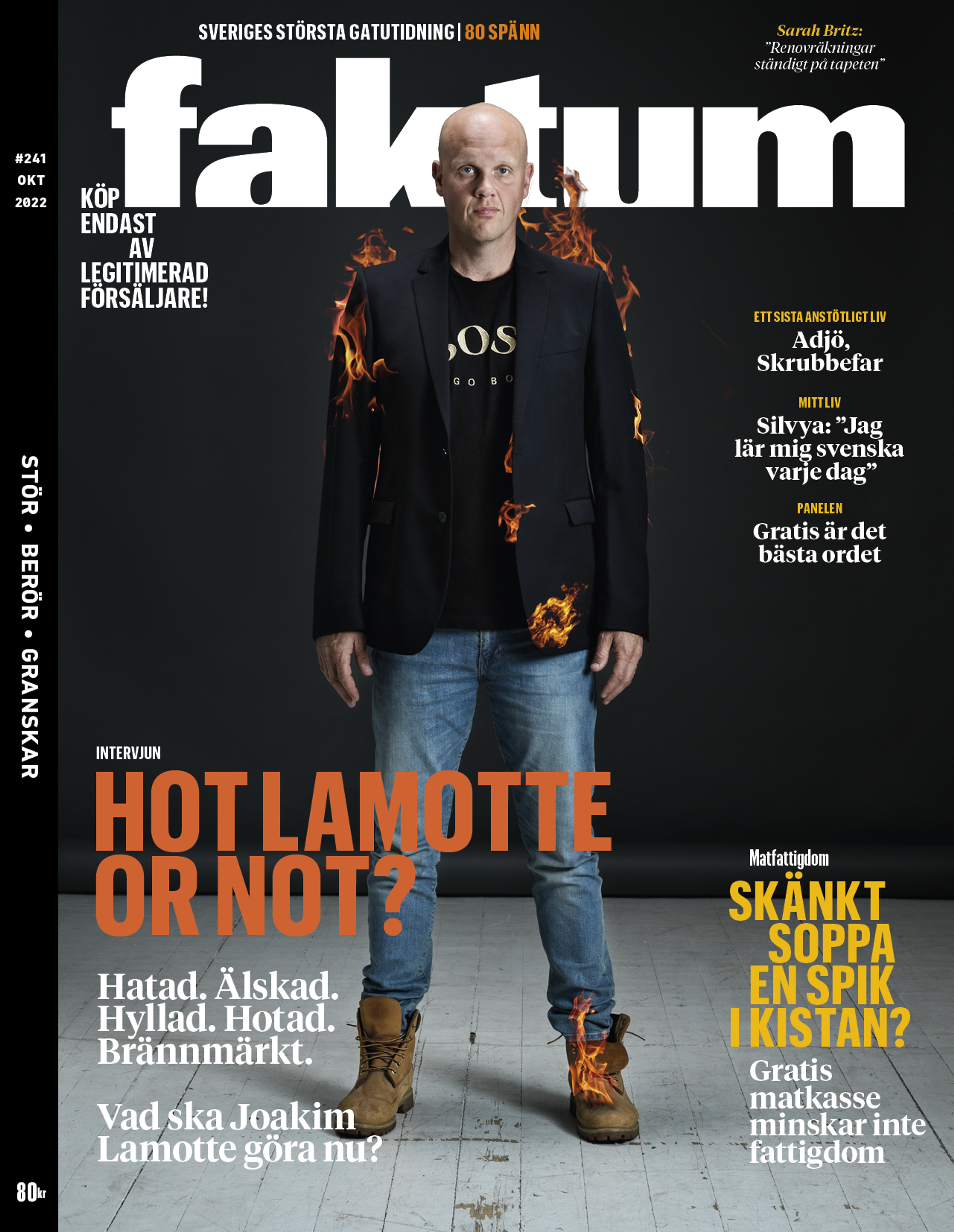
Ulf Gustafsson, 65 years old, sells Faktum in the Partille Centrum outside Gothenburg. As the World Cup rolls on, he extolls about his passion for local team Gais – one of Sweden’s oldest football clubs which plays in the second tier of the country’s league system – and how his fandom has intersected with his personal life.
I was born in the maternity ward in Alingsås in 1958, the same year the new Ullevi arena was built. I grew up in Gothenburg because my father got a job at the spinning mill in Gårda, while my mother worked as a cleaner at Hisingehus [a local office block]. I started school in Tolered. At that time, Saturday mornings were also for school. But our home was cramped as I have two siblings, and when we had the opportunity to move, we ended up in Vidkärr. It was a good time with lots of friends and football.
As a little kid, I went to IFK's football school, and we had Ronnie Hellström as our goalkeeper coach. It was great fun. Later I started playing in Qviding. I became the centre-back and got to be part of Leif Eriksson's football school, which was a TV programme broadcast from Karlstad at the time. I remember I was even paid 50 SEK. That was awesome.
My friend's dad played in Gais' A team and once in the third grade we got to watch the Gais A team versus IFK derby. Gais won that match. Since it was my best friend who brought me and they even set off green flares, I became a Gais supporter.
I wasn’t a very good student, but I still finished primary school with decent grades. It's easy with hindsight: I should have become a carpenter, electrician or painter, but I didn't get any advice from adults, so I followed the two-year social programme. I also had a paper round and worked as supplementary staff at Kålltorp's nursing home. I learned a lot there and also met many people who were lonely, who didn’t get any visitors. I became very involved and gave extra care to a lonely lady who was missing her son. Then I was considered too sociable and got fired. But the residents missed me so much and complained until I got my job back. I was really proud.
A friend of mine took me to Bugg dance lessons [a common dancing style in Sweden] so we could go out to dance and meet girls. When we were out, I met Suzanne. We danced a few times and became a couple. During a holiday trip to Rhodes, she became pregnant. There we met a nice tour guide named Rickard, and so our son got his name. He was born 1980. We lived in Kållered and I then started at SKF [manufacutring company] where I worked for 36 years. Twelve-hour night shifts, that was tough. I also sold vacuum cleaners for a while. Actually, I even sold one to the football legend Gunnar Gren.
I retired when I was 62 and we had plans to travel. But Suzanne became seriously ill. She was hospitalised several times. In the end she never came home. I blamed myself and started to drink myself to death.
Then I met Krister, who sells Faktum in Nordstan, and decided that I should try it. The extra money it brings is important so that I can afford somewhere to live and food. Besides, it is also something social. I have always appreciated the little things in life.
A couple of years ago I got cancer, that's why I have a scar on my forehead. But I'm like Gais, I always make a comeback. And now I’m gonna get a cat.
Translated from Swedish via Translators without Borders
